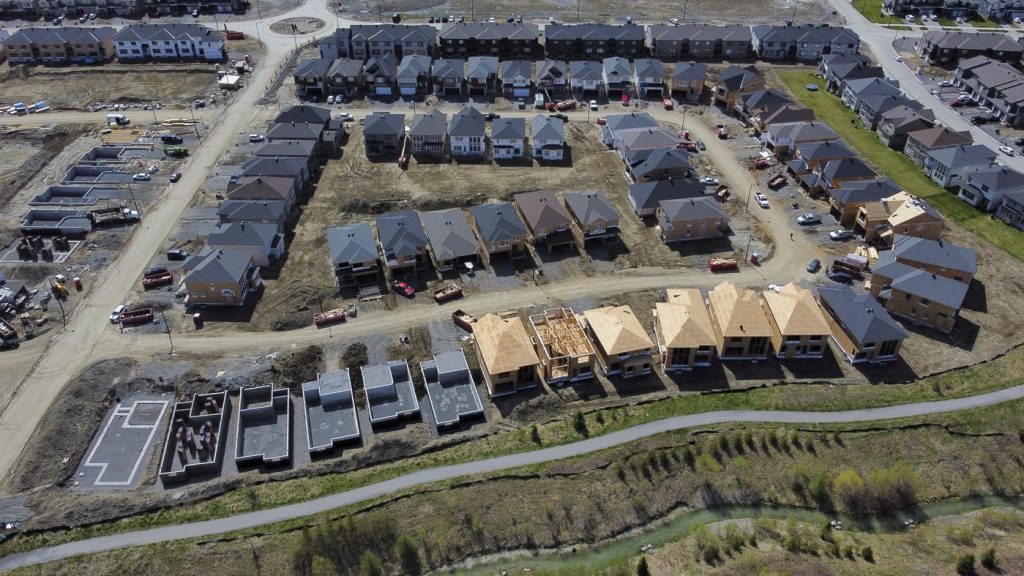Province plans to impose new rules on how municipalities approve housing developments

Posted May 12, 2025 11:24:49 AM.
Last Updated May 12, 2025 12:03:07 PM.
The Ford government announced it is going to impose sweeping new rule changes on municipalities in order to speed up the building of new homes, while lowering the costs for developers.
The legislation, Protect Ontario by Building Faster and Smarter Act, 2025, would give the province more authority over municipalities when it comes to the building process.
Municipal Affairs and Housing Minister Rob Flack said the province isn’t currently on track to meet its goal of getting 1.5 million homes built over 10 years. He said Ontario needs to make “immediate changes” to home building rules and his focus is on the next two years in order to spur development.
“We are introducing innovative and bold solutions to build more homes and infrastructure faster and smarter,” Flack said at a news conference in Vaughan on Monday.
Last week, CityNews reported the province would be introducing new legislation to allow developers to bypass planning studies and municipal approvals to boost housing starts.
This comes as the Ford government is set to table its budget on Thursday.
According to a government release, the legislation will help “speed up the construction of new homes and infrastructure, including by streamlining development processes and reducing costs in close partnership with municipalities.”
It will include measures to reduce requirements for builders to conduct some municipally-focused studies, allowing home builders to bypass some city committees, and a series of changes to the fees that developers pay local governments.
The bill would allow developers to delay payments until the unit has been occupied, as opposed to paying when the permit is issued as is the case now.
It’s unclear how that will sit with municipalities, as many rely on that money to build the needed infrastructure around new housing developments.
As well, the bill would standardize construction requirements, provide clarity that municipalities can’t create construction standards beyond the building code and would cap the amount of affordable units a municipality can require in certain residential developments.
The government also announced it will add $400 million to two funds municipalities use to build housing-enabling infrastructure.
Flack said the legislation responds to recommendations from municipal leaders and will help both lower housing costs and keep workers on the job in the face of economic uncertainty.
When asked last week if cities would be happy with the changes, Flack said, “You’ll have to ask them that. I would say we’re working together.”
“I think every municipality understands it’s taking too long to get housing built. You know, it takes months … It can take years in Ontario and it’s just too long. So again, we work collaboratively with them. And importantly, we’ve listened to them on development charges,” he added.
“Will this bill have to be the special sauce that we need to get homes built in the province of Ontario? We’ll see. I must say I am a bit concerned that this apparently will include giving the minister of infrastructure greater powers to issue MZOs [Minister’s Zoning Order],” NDP Leader Marit Stiles said last week.
The bill would hand new powers to Infrastructure Minister Kinga Surma that will allow her to exempt transit-oriented communities from a slew of zoning and planning rules.








